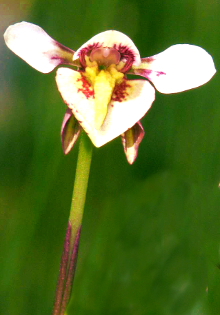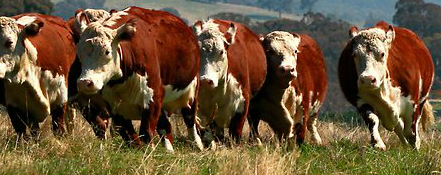Farmers continue push to high-level pastures

The Mountain Cattlemen's Association of Victoria (MCAV) is pushing for farmers to let their cattle graze in the Wonnangatta Valley area of the Alpine National Park, which stretches from the southern NSW border through parts of north-east and central Victoria.
Numerous scientific surveys of the region have shown that cattle grazing has a detrimental effect on the Park’s flora and fauna, with several scientists penning letters to the state government to voice their concerns.
Cattle farmers say they have been raising herds in the area for generations, and have taken a hit to their livelihoods since the ban on high country grazing was imposed in 2005.
MCAV president Charlie Lovick says he would have seen any damage if it were there, and claims cattle will reduce dangerous fuel loads for bushfires.
“Our family's been running cattle here since the 1800s.
“The damage is not there. If you really want to look at the change of the country, you look across the valley and see 7,000 beds on Mt Buller, and sewerage and all the infrastructure, but that's okay. Two hundred head of cattle on the other side is not okay,” he said.
“We can go in there and we can make a big difference, and maybe we can show the world that cattle actually do reduce fuel.”
A Victorian park ranger who spent over ten years in charge of the area says during his career as a ranger he could not speak out against the bid, but can now freely oppose it.
“The science is there,” says former ranger Peter Lawrence.
“It's quite understandable and readable, and it's quite clear in its evidence that alpine grazing doesn't reduce blazing and it doesn't perform any valuable service to the management of a national park, and it shouldn't be allowed. To argue that case is just a fallacy.
“This is all about politics, and this is all about appeasing a small minority group in rural Victoria.”
“The impact of cattle on the ecosystems in the Alpine National Park was extensive and quite profound,” Mr Lawrence said.
“What has been fascinating and what we've found and the science supports, is since the removal of grazing, the recovery of all the various different ecosystems that were impacted has been quite remarkable.”
There are special concerns for the rare pale golden moths orchid, which is only known to exist at two sites, one of which would become trampled by bovine incursion, if the pastoralists have their way.
Public comment can be lodged here.









 Print
Print